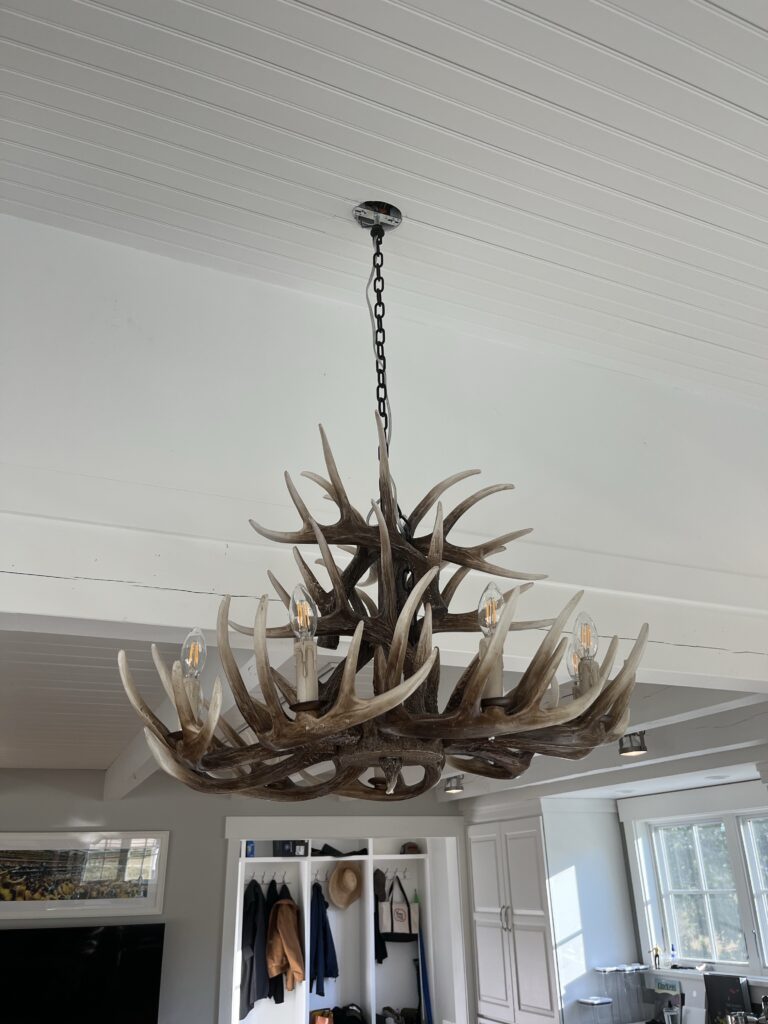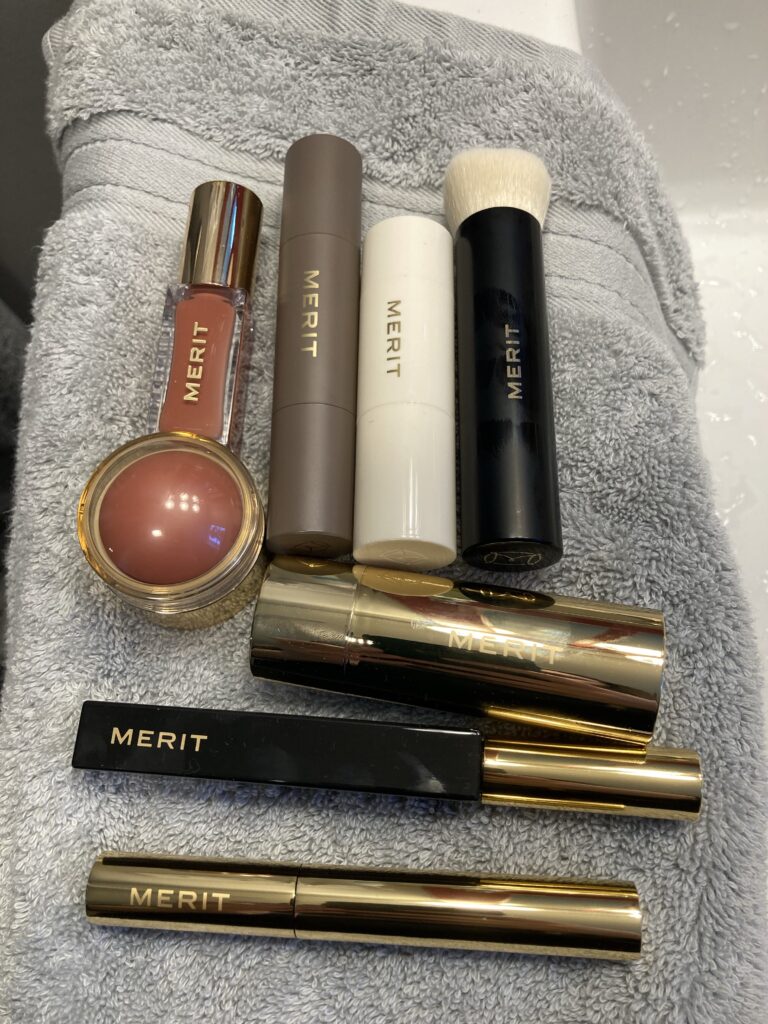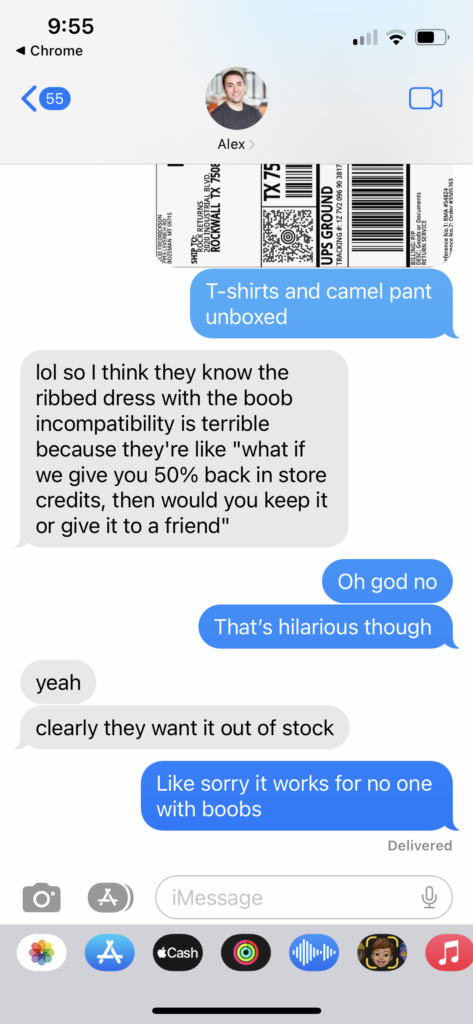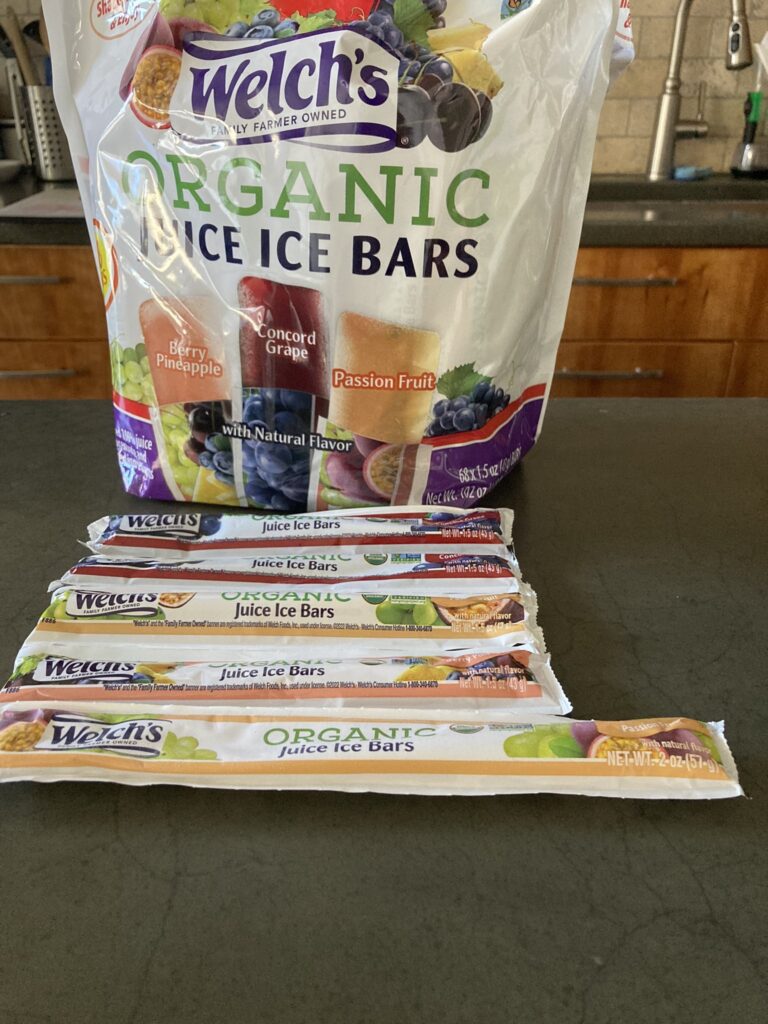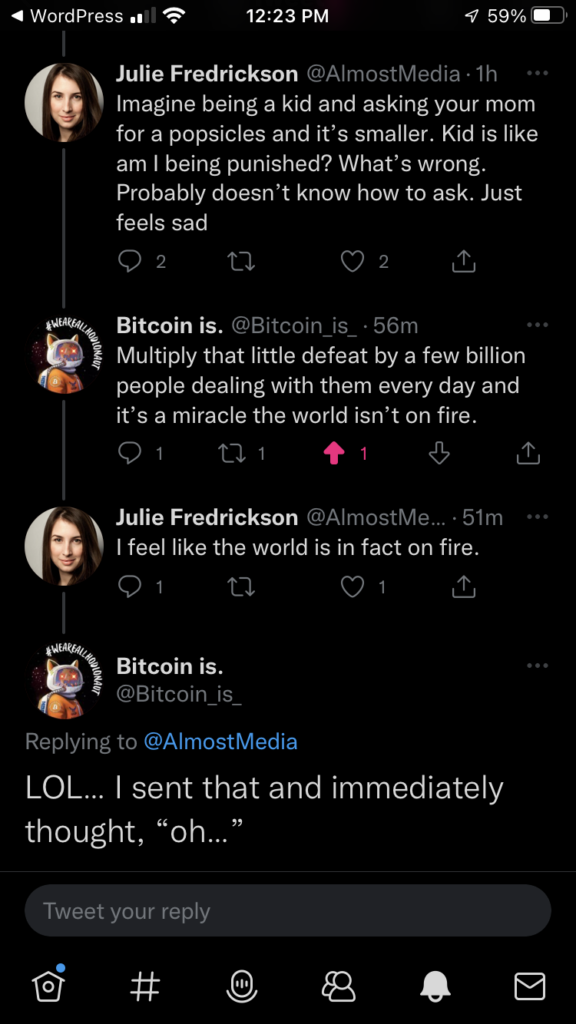Noblesse oblige. Literally translated from the French as nobility obligates. It’s commonly understood to mean that aristocracy has a responsibility to act graciously towards the civilization which has granted them status.
It’s a turn of phrase I’ve written about before, specifically how in our post modern times, we are challenged to understand who is pursuing a life of virtue and what their obligations may be to the rest of us.
No one is sure if they are nobility or peasantry. No one is noble or good. Which means nobody deserves anything they get. Which is about as close to the war of all against all as I can imagine. Hobbes would be pleased.
JFredrickson.com Day 45
Humanity has always been rather clever at inventing new classes. We need fresh blood from the bottom to keep revolutionary sentiment in church. Every century we are finding new ways to fight it out for new types of status and virtue.
Business values money. Old money values class. The intelligentsia values intellect. Hipsters value taste. The religious value faith. And around we go with status games as we trade social capital for actual capital just so we can get something to eat.
There is always an emerging new game that upsets the underlying order. The printing press destabilized the church and its priestly cast. The internet destabilized the media and it’s editor cast. You know the drill.
Right now there is a massive internecine fight over which order rules over Twitter. And depending on whose camp you fall into you are probably signaling different things. And that lack of shared cultural values is leading to some pretty silly reactions. A lot of dickriding is happening across every major faction.
Which if you take away the reactionary specifics, is totally understandable. If one class of person values money but the competing group values taste than you aren’t really fighting for the same things. Different values are different.
But you’ve got to be careful with your own reactions. Ask yourself if you are responding out of some shared cultural loyalty that is overshadowing your own common sense. Your attention is valuable and powerful people recognize your attention for the commodity that it has become.
Don’t buy into bullshit just because it’s your team. The chance that someone is making a buck off of your attention sure ain’t zero. And America being a free country and all means you shouldn’t be living enthralled to someone else’s priorities.
